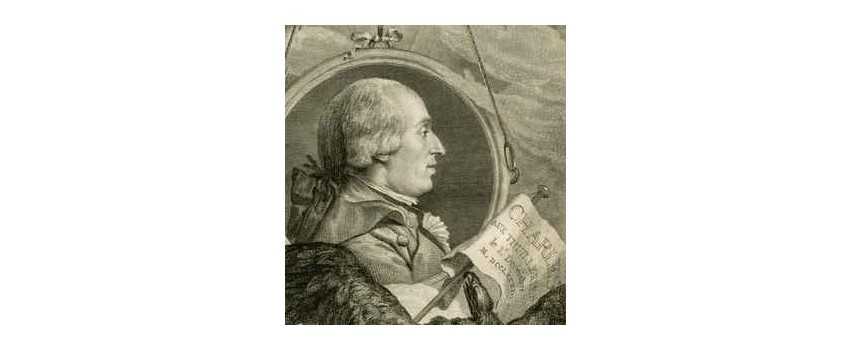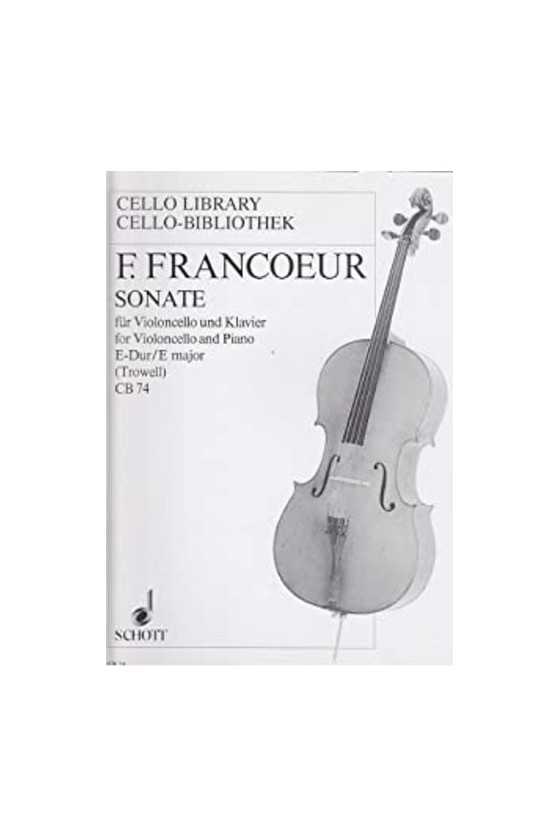Francoeur, François
François Francoeur (8 September 1698 – 5 August 1787) may not be a household name, but his influence on French Baroque music cannot be overstated. Born in 1698, Francoeur was a prominent composer, violinist, and conductor during the height of the Baroque era. His contributions to French music were significant, and his legacy lives on to this day.
Early life and education of François Francoeur
François Francoeur was born on May 4th, 1698, in Paris, France. He was the son of Joseph Francoeur, a prominent musician, and composer. His father was his first music teacher, and by the age of seven, he was already an accomplished violinist. Francoeur's father recognized his son's talent and sent him to study at the Paris Conservatoire, where he studied under the tutelage of some of the most respected musicians of the time.
At the Conservatoire, Francoeur honed his skills as a violinist, composer, and conductor. He was a hardworking student and quickly gained a reputation as a gifted musician. His talent was recognized by King Louis XV, who appointed him as a violinist to the Royal Chapel in 1726.
Francoeur's education at the Paris Conservatoire was instrumental in shaping his musical style and philosophy. He was exposed to the works of Jean-Baptiste Lully, Jean-Philippe Rameau, and other great French composers of the Baroque era. These influences can be seen in his later compositions, which combined the richness and complexity of French Baroque music with his own unique style.
Francoeur's contribution to French Baroque music
François Francoeur's contribution to French Baroque music was significant. He was a prolific composer, and his works were performed in some of the most prestigious venues of the time. Francoeur was known for his ability to create music that was both technically challenging and emotionally evocative. His compositions were characterized by their intricate melodies, rich harmonies, and complex rhythms.
Francoeur's music was also notable for its use of the violin. As a virtuoso violinist himself, Francoeur was able to push the limits of the instrument and create new techniques and playing styles. His music was often written to showcase the violin's capabilities, and he was a pioneer in the development of French violin music.
In addition to his work as a composer, Francoeur was also a respected conductor. He was appointed as the conductor of the Paris Opera in 1744, a position he held for over a decade. As a conductor, Francoeur was known for his attention to detail and his ability to bring out the best in his performers. He was a master at interpreting the music of other composers, and his performances of works by Jean-Philippe Rameau and Jean-Baptiste Lully are still celebrated to this day.
Francoeur's notable works and collaborations
François Francoeur's notable works include his opera, "Pandore," which premiered at the Paris Opera in 1739. The opera was well-received by audiences and critics alike and is considered one of Francoeur's masterpieces.
Another notable work by Francoeur is his "Sonate en Quatuor," a four-part sonata for violin, viola, cello, and harpsichord. The piece is a prime example of Francoeur's ability to create music that is both technically challenging and emotionally evocative. It is still performed today by some of the world's most respected chamber music ensembles.
Francoeur also collaborated with other notable composers of the time, including Jean-Philippe Rameau and Jean-Baptiste Forqueray. Together, they created some of the most celebrated works of the French Baroque era.
Conclusion and reflections on Francoeur's significance in music history
François Francoeur's legacy is still felt today in the world of music. His contributions to French Baroque music were significant, and his work helped to shape the musical landscape of his time. His compositions were characterized by their intricate melodies, rich harmonies, and complex rhythms, and his use of the violin was groundbreaking.
Francoeur's legacy lives on through his music, which continues to be performed and celebrated to this day. His influence on French Baroque music cannot be overstated, and his contributions to the world of music will be remembered for generations to come. Whether you're a music lover or simply interested in learning more about French culture, the legacy of François Francoeur is one that is worth exploring.


